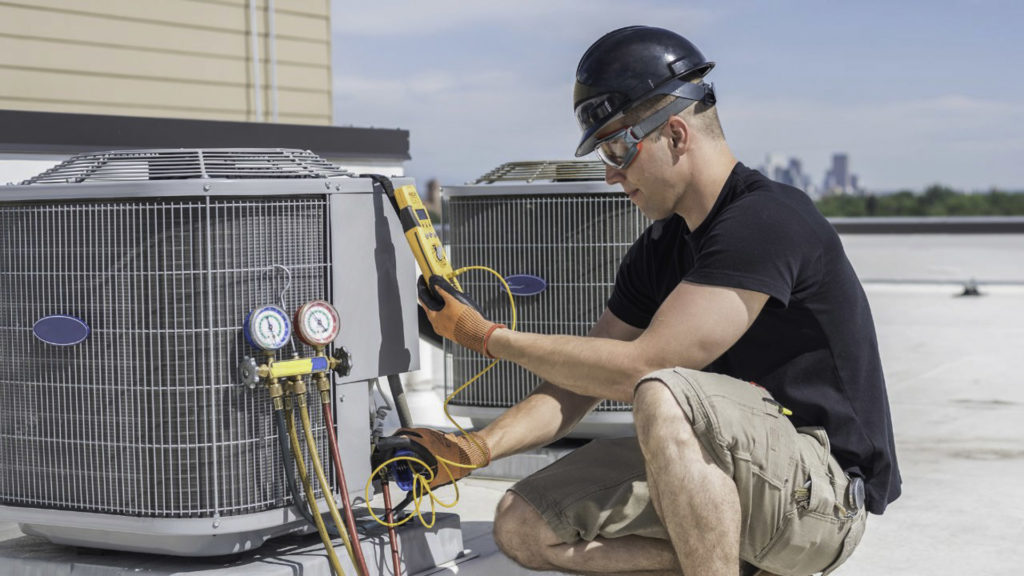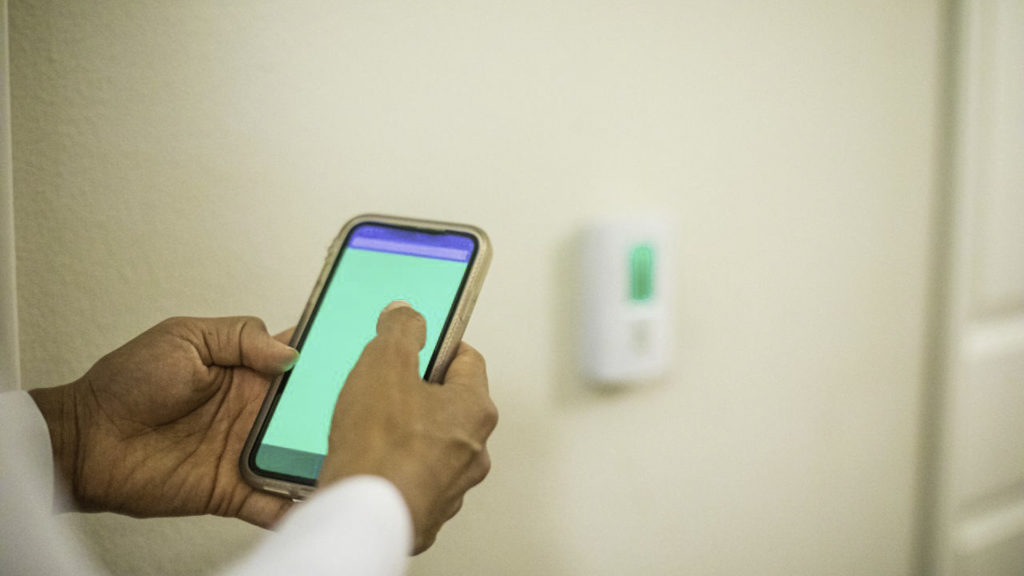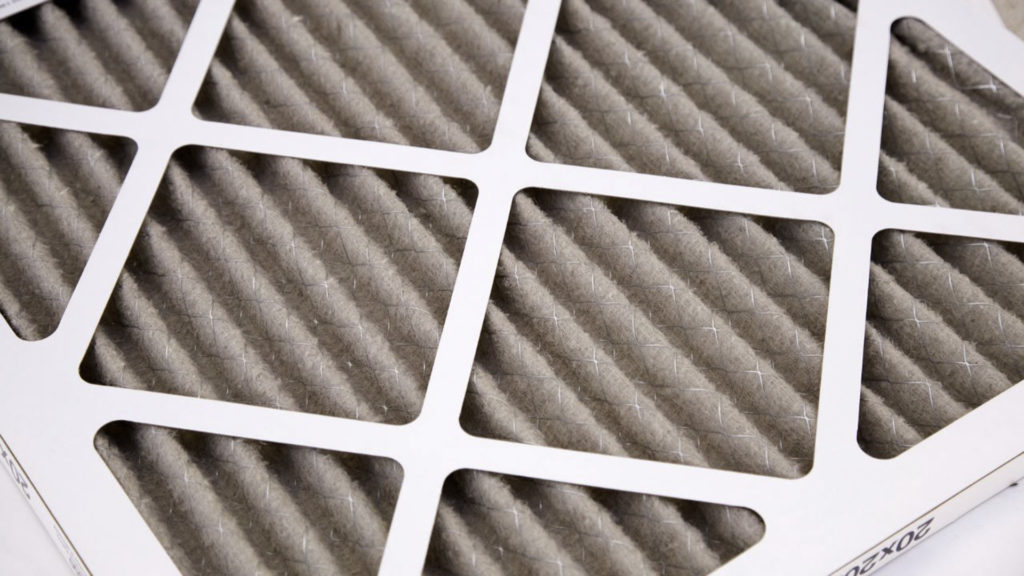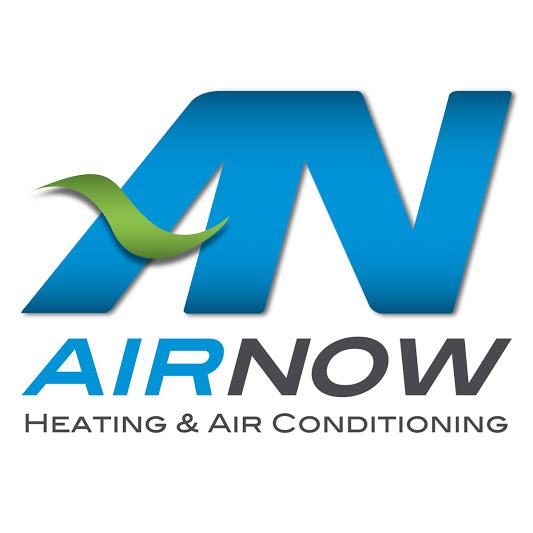HVAC systems are usually powered by electricity, which is made from nonrenewable fuel sources. Using electricity demands a big amount of energy, which produces carbon dioxide. At extreme levels, this greenhouse gas can trap heat near the planet’s surface area and add to such environment damage as global warming. So when you use an air conditioning unit, you’re adding to greenhouse gas emissions. Nevertheless, newer designs are more energy efficient and use less electricity than older models.
The U.S. Department of Energy approximates that new air conditioners can save approximately 20 percent more energy over ten years than older models.
Is an Outdated HVAC System Worse for the Environment?
Your HVAC system is accountable for keeping your home cool in the summer. It’s also among the most energy-efficient systems you can install in your home. The issue is that some individuals do not realize how much damage an out-of-date HVAC can do to the environment.


If your HVAC is outdated and inefficient, it will likely burn more electricity than newer systems and might be using more energy than needed. This means that you’re paying more money on your power bill while producing more greenhouse gas emissions into the environment. And if they have not been cared for appropriately, they can leak refrigerant into the atmosphere. This is an ecological threat in addition to potentially detrimental to your health if it’s inhaled or touched.
How to Reduce Your Impact on the Environment
Air conditioning units have a substantial impact on the environment and can cost more than other kinds of cooling systems. The bright side is that there are ways to decrease your impact on the environment.
AC systems can be recycled and parts can be reused. The EPA approximates that 50 percent of units are still in working order after 10 years. This means they could be recycled instead of disposed of. In addition, the majority of air conditioners are energy efficient. So it makes good sense to keep them operating as long as possible. When you’re ready to switch out your unit, buy an Energy Star certified unit that meets strict criteria for energy efficiency, performance and indoor air quality.
Here are some ways to reduce your effect on the environment with your ac system:
- Use a programmable thermostat and set it to 78 degrees or higher when you’re not home. This will allow the air conditioning unit to run less often, which reduces its energy use and decreases your utility bills.
- Clean or change filters regularly because unclean filters restrict airflow and lower effectiveness.
- Use fans when possible instead of switching on the air conditioning system. Fans cool most people by distributing air around the body, while central air conditioning cools entire rooms by removing hot air from inside your home and replacing it with cooler outside air through vents throughout your house. If you use fans during hot weather, turn them off when using your central HVAC system to prevent unnecessary energy usage when cooling needs are biggest.


New Air Conditioners have Greatly Improved Environmental Rankings
Today’s air conditioners use about 2 percent of all electricity consumed in the United States. They account for about 6 percent of all energy use in homes, according to Consumer Reports. The publication says that’s because newer models use far less energy than older ones did.
The EPA says that new air conditioners have improved environmental rankings. It states that an Energy Star-rated system uses at least 15 percent less energy than a standard model and has functions like timers and remote controls that let you adjust temperature levels from anywhere in your house– and even when you’re far from home The agency adds that Energy Star-rated models also use less water since they don’t run until they reach their desired temperatures.
Energy Star-Rated Models Installed by Air Now Heating and Air Conditioning in Layton, UT.
As you look for a new a/c unit, you might see that some models have an Energy Star rating and others do not. What’s the difference?
The Energy Rating label on your air conditioning unit informs you just how much energy it uses and how much CO2 it produces. It also gives you an idea of how efficient your unit is and how much money you’ll save on your electricity costs.
When you have concerns about your HVAC, call Air Now Heating and Air Conditioning in Layton, UT. at (385) 350-4114 and let us help you navigate through the process. Our crew will handle everything with your air conditioning installation and make certain you are getting the ideal, most energy efficient system for your home. HVAC Layton


 Basement HVAC Installation Done Right
Basement HVAC Installation Done Right